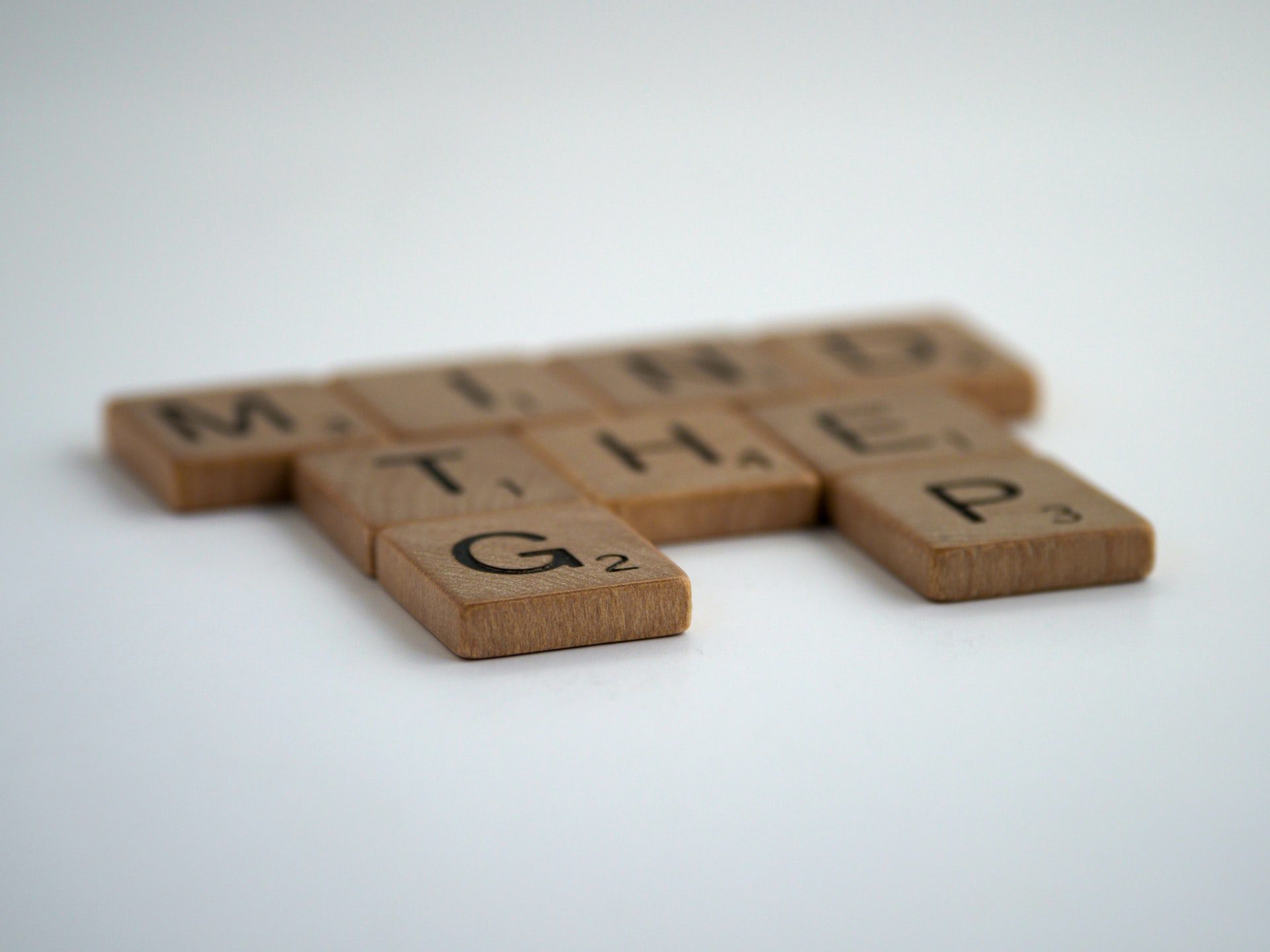
We’ve often heard about the gender pension gap, with women retiring with less than men, on average.
New research highlights the scale of this issue, with women missing out on more than £180,000 worth of retirement income compared to men, despite contributing a more significant proportion of their income towards the future.
The research from equity release lender more2life and the Centre for Economics and Business Research (Cebr) found that Covid has an impact on the gender pension gap.
Men expect an average retirement income of £20,712 a year, and women are looking forward to £14,964 a year in retirement.
The research suggests that, once life expectancy is factored into the calculation, the gender pension gap could be as much as £183,936.
Women tend to live longer than men, so they will typically spend longer in retirement, receiving a lower pension income.
This significant gender pension gap arises despite women contributing a higher proportion of their income than men, at 9.4% compared to 8.3%.
One big factor driving the gender pension gap is the lower lifetime earnings for women, allowing men to contribute more into their pension pot than women, an average of £3,184 for men and £2,340 for women.
To catch up, women would need to work for an additional 14.5 years.
Top Tips for Retiring Successfully
Dave Harris, Chief Executive Officer at more2life, said:
“Although women appear to be better at saving into their pension, they still face a retirement that is less comfortable and financially secure than their male counterparts. The stark difference in retirement incomes highlights the need to address the root causes of financial gender inequality and better support women as they make choices around how to use their assets both in the lead up to and during retirement.”
It appears that the pandemic is having an impact on the gender pension gap too, exacerbating the issue in the past year.
When more2life carried out the research a year earlier, they calculated the gender pension gap at £157,263.
One way in which the pandemic widened the gender pension gap is by placing pressure on the over-55s to save, with 30% of older women saying their financial situation has deteriorated since the onset of the pandemic.
Only 24% of men reported a decline in their financial situation.
With women more likely to have been negatively affected by the pandemic, as they work in sectors hardest hit by Covid-19 restrictions, they are more likely to have been made redundant or placed on furlough.
Official figures from HMRC show that more women than men were furloughed between July and December last year.
Women have lower retirement incomes than men across all lengths of their working life, with men who have worked full-time for 30 to 34 years receiving the highest average annual retirement income, of £22,776.
Their female counterparts receive an average of £17,004 a year.
The widest gender gap for retirement incomes is for those who have worked for more than 50 years, with men receiving an average of £19,404 a year and women just £11,592.
Dave Harris continues:
“Today’s figures are another alarming wake-up call about the gender disparity in retirement. It’s clear that the Covid-19 pandemic has caused significant disruption to many people’s retirement savings, but the impact has been most acutely felt among older women. As we begin to think about what a post-Covid society looks like, it’s vital that the industry and Government does more to encourage women to engage with long-term financial planning.
“Raising awareness of alternative retirement income sources, such as property wealth, is crucial in ensuring current and future retirees can enjoy the retirements they deserve. There are a range of products on offer in the later life lending market, including equity release, which has proven to be a popular solution for older homeowners looking to unlock the wealth tied up in their homes to fund their retirement. For women, exploring such options could offer greater financial stability in later life and help to manage the impact of the retirement gender gap.”
